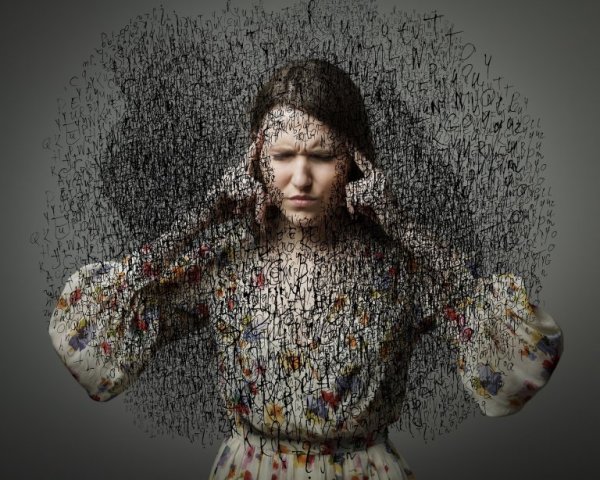Tell Me What You Think of Others and I'll Tell You Who You Are


Written and verified by the psychologist Fátima Servián Franco
The way you see others can say a lot about your own character and personality. According to the “Journal of Personality and Social Psychology“, people who judge others as being honest, pleasant, and stable feel greater satisfaction in their lives.
On the other hand, those who have negative opinions of their peers are precisely the most antisocial, narcissistic, and unpleasant.
In this study it’s also been proven that people who rate their significant others positively are less likely to have depression and anxiety disorders.
On the contrary, people who are excessively critical of others are more prone to have personality disorders, especially paranoid or antisocial disorders.
Specifically, in paranoid personality disorder, the main thing is a pattern of distrust and general suspicion of others, interpreting their intentions as malicious. Therefore, they interpret neutral or positive messages as insults, teasing, disparagement, etc.
When in doubt about the intention of another person, a paranoid person will choose the most unfavorable option. That is, one that takes what the other has done or said as an attack.

Personality disorders aside, there are always people who go through life criticizing everything and everyone. In each of our lives, there’s someone who thinks the world is full of bad people.
According to this study, regardless of whether they’re right or not, these thoughts probably don’t contribute to their happiness. Rather, it’d be natural for them to be elusive and distrustful.
“We don’t see things as they are, we see them as we are”
-Immanuel Kant-
We are mirrors
Our exterior acts like a mirror for our mind. In it we see different qualities or aspects of our own being reflected back.
When we observe something we don’t like about someone and we feel rejected, in some way or another the aspect we dislike may exist within us. Moreover, this rejection may just be a reflection of the rejection we ourselves feel for something inside of us.
It’s also possible that our unconscious side, aided by projection, makes us think that the defect only exists “outside,” in that other person. Psychological projection is a defense mechanism by which a person attributes to others feelings, thoughts, or impulses of their own that they deny or find unacceptable.

This mechanism is set in motion in situations of emotional conflict or when we feel threatened internally or externally. To relieve our internal discomfort, we focus on the exterior: all the qualities we don’t accept. We attribute them to something external to ourselves.
In this way, our mind manages to move these threatening contents out and fight them in the real world.
Psychological projection is a mechanism of mental defense by which the subject attributes their own virtues and defects to other people .
A lot of what bothers you about other people is just projection
The internal world tends to color the external world with its own characteristics. For example, if you’re really happy you’ll probably see the world with optimism and joy. You’ll likely say things like, “Today is a great day”, and “What a beautiful day”.
The day is not completely great or beautiful. Instead, these qualities are really subjective and it is who brings them out. The process of projection is inherent in human mental functioning, helping us feel and humanize the world.

Very often, the things we find difficult in others are precisely the things we haven’t resolved in ourselves. Because if we had, it would never have turned into a chronic problem.
In these cases, accepting our issues and meditating will help us know ourselves better. It’ll teach us to consider more than one perspective before jumping to conclusions.
“He who knows other men is discerning; he who knows himself is intelligent. He who overcomes others is strong; he who overcomes himself is mighty.”
-Lao Tzu-
This text is provided for informational purposes only and does not replace consultation with a professional. If in doubt, consult your specialist.








